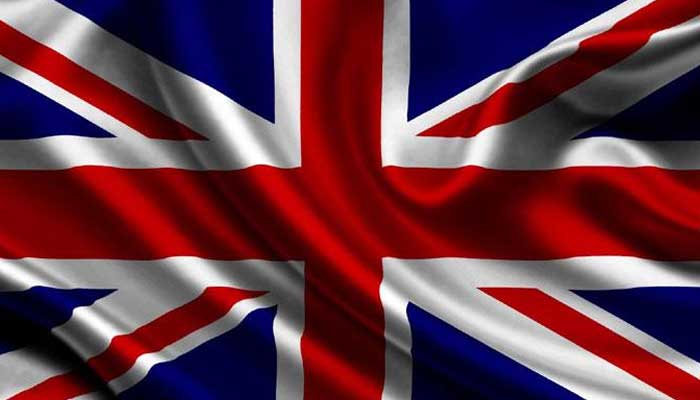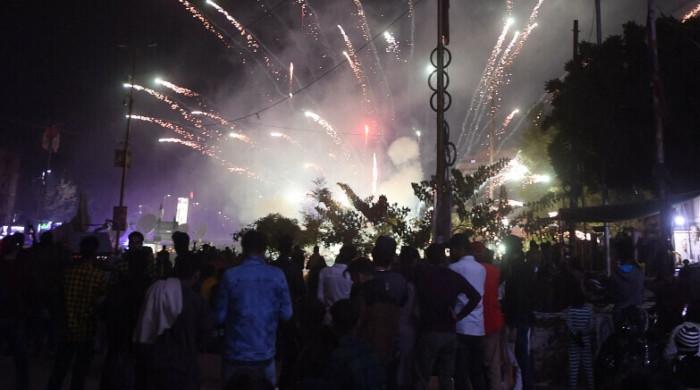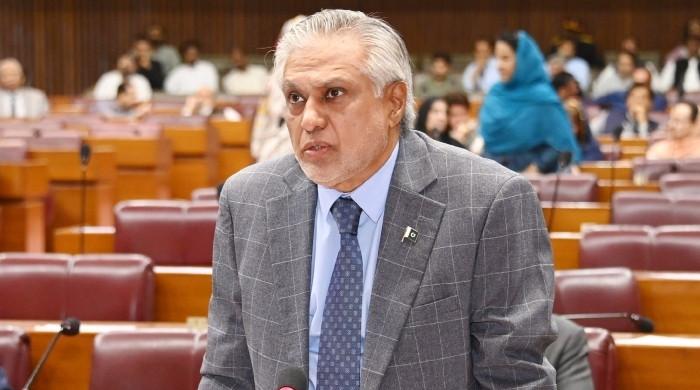UK wants Pakistan to launch crackdown on militants
UK says Pakistan will be removed from high-risk list if it takes action against militants
April 14, 2021

- UK says Pakistan will be removed from high-risk list if it takes action against militants.
- Pakistani authorities have promised robust action against individuals and entities but did not specify any of them, say source.
- Pakistan has made a huge progress in meeting the demands set by Financial Action Task Force (FATF), says source.
LONDON: The British Government has advised enhanced customer due diligence measures and monitoring of a person having any kind of business relationship with the high-risk list of 21 countries, that includes Pakistan.
According to a UK Government source, Pakistan will be removed from the list of high-risk countries when effective and believable action is taken against militants groups, terrorism financing structures, and full and proper sanctions on the designated individuals.
The source said that Pakistani authorities have promised "robust action" against individuals and entities but did no specify any of them.
Read more: Pakistan added in UK's list of 21 high-risk countries over money-laundering, terror financing
The source acknowledged that Pakistan has made "huge progress" in meeting the demands set by the Financial Action Task Force (FATF), especially since July 2018. However, he warned that it would be still "a long way to go for Islamabad."
The reflection of the same can be seen in the UK Government’s detailed advisory for the 21 high-risk countries which requires enhanced due diligence and monitoring under the Money Laundering and Terrorist Financing (Amendment) Regulations 2019 (MLRs 2019).
This means increased scrutiny of the principal place of business and individual in that country or in the case of a financial institution or a credit institution, having its principal regulatory authority in that country.
The advisory says that the high-risk countries criteria have been made and implemented on the basis of whether a country is identified by a credible source, including reports published by FATF, as not implementing requirements to counter money laundering and terrorist financing that are consistent with FATF recommendations.
Read more: The path out of the FATF 'grey list'
On each country, the UK advisory has published a note on the history and the expectations to get out of the high-risk list.
It links Pakistan’s removal from the list and normalisation with a hard crackdown against designated militant groups and their financers as well as their successful prosecutions.
The UK Government acknowledges that Pakistan —from June 2018 onwards — made a high-level political commitment to work with the FATF.
The advisory, replicated from the FATF, says that Pakistan’s continued political commitment has led to significant progress across a comprehensive CFT(Combating the Financing of Terrorism) action plan.
It noted that law enforcement agencies are identifying and investigating the widest range of “terrorism financing” activity, demonstrating enforcement against terror financing violations, and working to prevent the raising and moving of funds, including the controlling of facilities and services owned or controlled by designated persons and entities.
“Pakistan should continue to work on implementing the three remaining items in its action plan to address its strategically important deficiencies, namely by: (1) demonstrating that TF investigations and prosecutions target persons and entities acting on behalf or at the direction of the designated persons or entities; (2) demonstrating that TF prosecutions result in effective, proportionate and dissuasive sanctions; and (3) demonstrating effective implementation of targeted financial sanctions against all 1267 and 1373 designated terrorists, specifically those acting for or on their behalf,” said the advisory.
The advisory notes the significant progress made on the entire action plan.
Read more: EU had opposed Pakistan's exit from FATF grey list ahead of plenary
It adds: “To date, Pakistan has made progress across all action plan items and has now largely addressed 24 of the 27 action items. As all action plan deadlines have expired, the FATF strongly urges Pakistan to swiftly complete its full action plan before June 2021.”
The UK Government says its strategy is to use financial tools to deter crime and terrorism; detect it when it happens, and disrupt those responsible and hold them to account for their actions.
The FATF is central to the UK’s international objectives within this strategy, says the advisory.
It adds that high-risk jurisdictions have significant strategic deficiencies in their regimes to counter money laundering, terrorist financing, and financing of proliferation. Pakistan is ranked 15th among the conflict-ridden countries.
The full list of high-risk third countries under Schedule 3ZA includes, in order: Albania, Barbados, Botswana, Burkina Faso, Cambodia, Cayman Islands, Democratic People’s Republic of Korea, Ghana, Iran, Jamaica, Mauritius, Morocco, Myanmar, Nicaragua, Pakistan, Panama, Senegal, Syria, Uganda, Yemen, and Zimbabwe.









